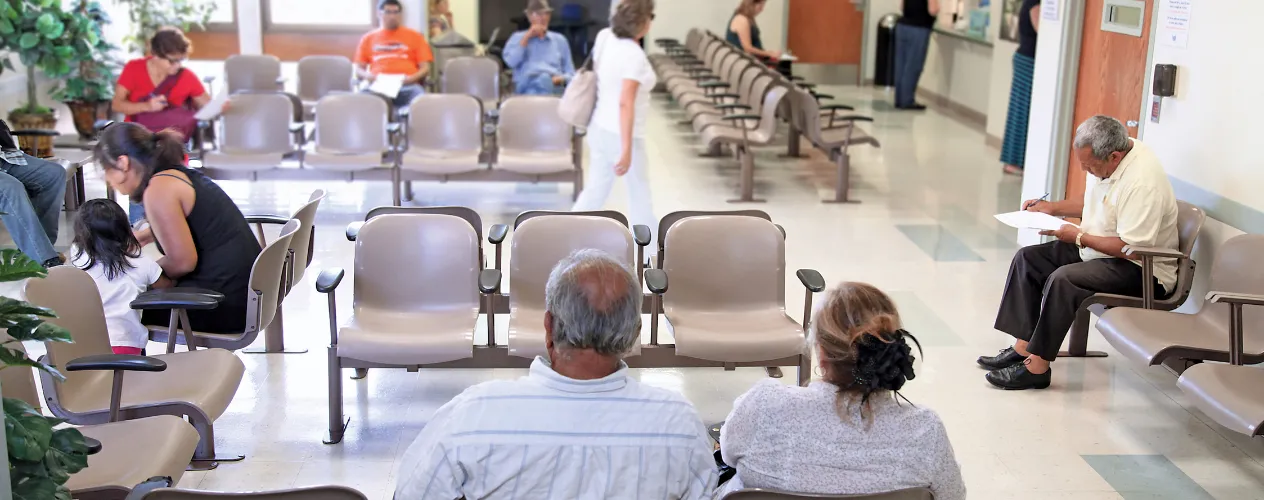Research
UCLA Fielding is a leader in generating public health knowledge for action and impact.




The UCLA Fielding School of Public Health is a leader in generating public health knowledge for action and impact. FSPH researchers work on a variety of biological, environmental, and societal factors that affect population health—from emerging infectious diseases and climate change to healthcare systems, poverty, and racism. UCLA Fielding researchers identify patterns and trends in risk factors and resiliencies; intervene to improve the performance of public and private sector organizations; engage with and respond to the needs of a wide variety of stakeholders; train and empower workers and communities to protect their own health; and communicate and advocate for stronger, more effective, and more inclusive programs, policies, and societies.
UCLA Fielding is a leader in producing interdisciplinary evidence-based research and developing solutions that inform policies, programs, and practices that impact the health of communities locally and around the world.
Professor & Associate Dean for Research
While individual faculty members conduct specialized research, the school’s collective portfolio reflects the spectrum of today’s most pressing public health issues and the factors that influence them. This work informs local, state, national, and international discussions about ways to make populations more healthy. Over the years, just some of the evidence FSPH faculty have found includes quantifying the association between discrimination and health status; showing that chronic exposure to air pollutants compromises growth of respiratory capacity in children and causes irreversible changes in lung function among adults; and determining that women who have a mastectomy express more difficulties with body image than women undergoing breast conservation surgery. UCLA Fielding research has pointed to the substantially increased risk of exposure to dangerous particles from motor vehicles among people living or working near major freeways, and found an association between television viewing and childhood obesity linked to children’s exposure to junk-food commercials. More than 50 years ago, a UCLA Fielding faculty member contributed landmark findings linking health behaviors such as smoking, alcohol consumption, sleep, and diet to health and longevity.
Many of the school’s faculty collaborate with the communities that are most affected by the issue being studied, working as full partners from the point of defining the research questions to implementing the findings toward sustainable solutions. And, while conducting studies to improve the health of populations at home, many FSPH faculty also devote time to conducting research abroad, collaborating with international partners. In an increasingly interconnected world, these activities contribute to addressing some of the most pressing public health needs in other countries, while establishing mutually beneficial long-term relationships with governmental, academic, and private-sector leaders. Combined, these efforts develop new knowledge and pioneer solutions to markedly improve the health of populations locally and globally.

Heat waves cause more deaths and hospitalizations in the U.S. than any other weather-related disaster. As temperatures rise, UCLA Fielding experts are studying solutions.
